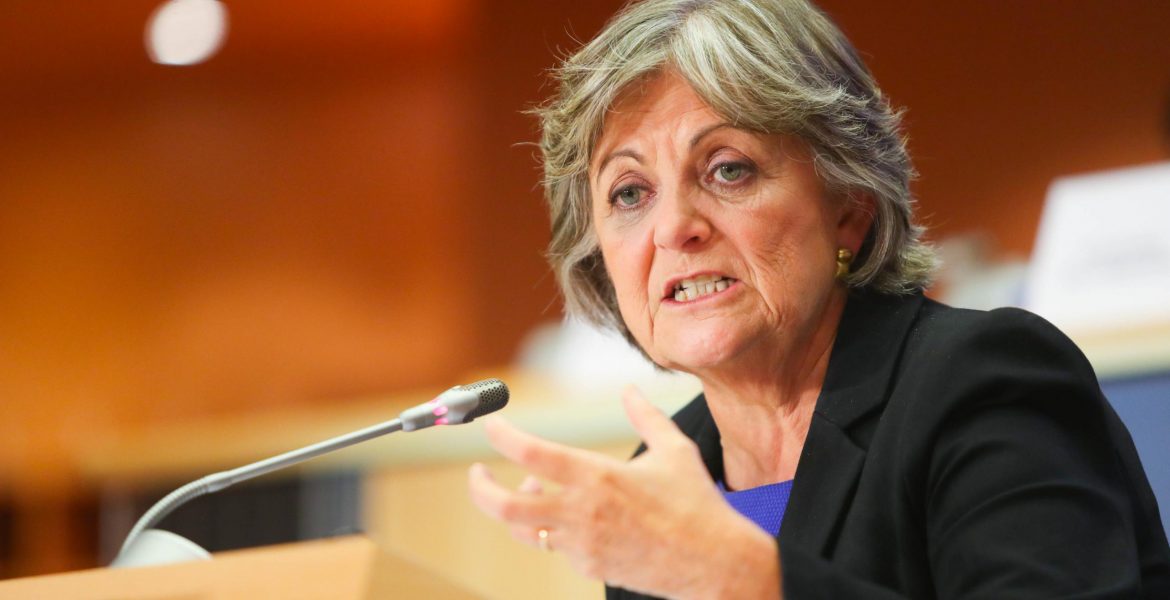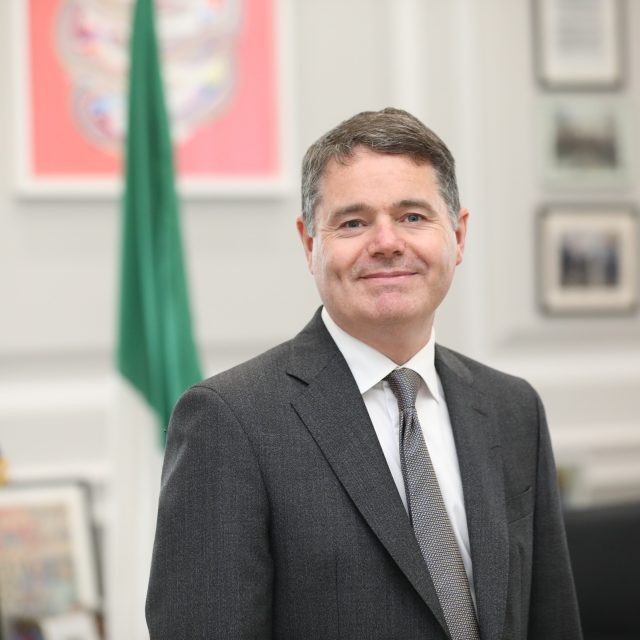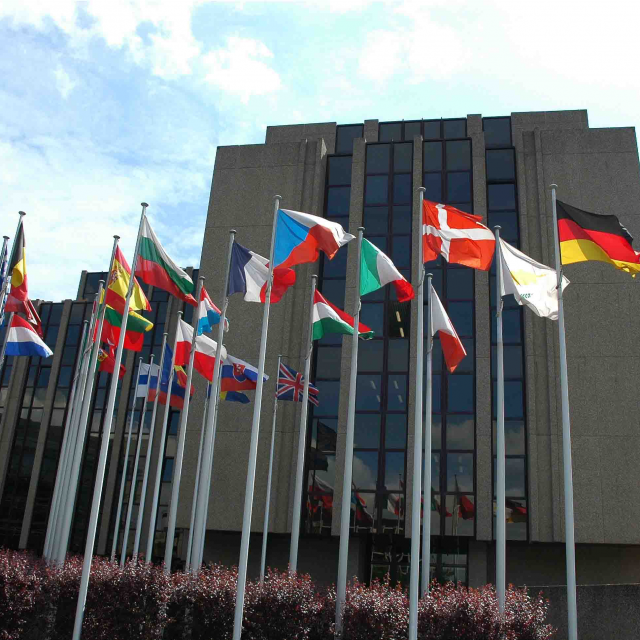The Commission has approved 225 projects under the Technical Support Instrument (TSI), to support Member States in preparing, designing and implementing reforms that will lead to modern and resilient public administrations, sustainable growth strategies and resilient economies while enhancing their capacity to react to current and future crises. Several reforms projects are also included in the national recovery plans.
Commissioner for Cohesion and Reforms, Elisa Ferreira, said: “While we were still recovering from the pandemic, two weeks ago a new crisis has broken out in Europe. The Technical Support Instrument will continue to support Member States and regions in achieving reforms that can improve their resilience, support their growth strategies, prepare for the twin, digital and green transitions and ensure efficient and agile public administrations.”
Member States’ reforms are supported by the TSI, with a total budget of €116.8 million for the year 2022. The TSI is a demand driven instrument that put froward tailor-made expertise. It is also a flexible instrument that can quickly be adapted to Member States’ emerging needs, upon their request.
The projects are strongly aligned to the Commission’s key priorities. The TSI 2022 will continue supporting Member States in designing and implementing reforms towards the green and digital transitions, as well as improving the operational capacity and efficiency of their public administrations. For instance, 36% of the requests are focused on the green aims and 51% on the digital transformation. Furthermore, 57% of the selected requests for TSI support for 2022 are linked to reforms.
The 2022 TSI Work Programme also includes some novelties:
- multi-country or multi-region projects: these projects offer technical support to address common challenges in several Member States or regions, focusing on the same priorities. These projects promote mutual learning and the development of common approaches via peer-exchanges.
- flagship projects: designed by the Commission to support reforms that are largely needed across different Member States and are in line with the top EU priorities. For example, the flagship project ‘Support to the Renovation Wave’ targets Member States wishing to design and implement reforms supporting building renovation. The flagship project ‘Implementation of the European Child Guarantee’ supports Member States to implement the Council Recommendation. It offers technical support to implement actions and policies, which prevent and combat child poverty and social exclusion.
50% of the requests are linked to flagship projects, such as tourism, renovation wave, gender mainstreaming, public administration and migrant integration, while 30% of the requests are multi-country or multi-region projects.




